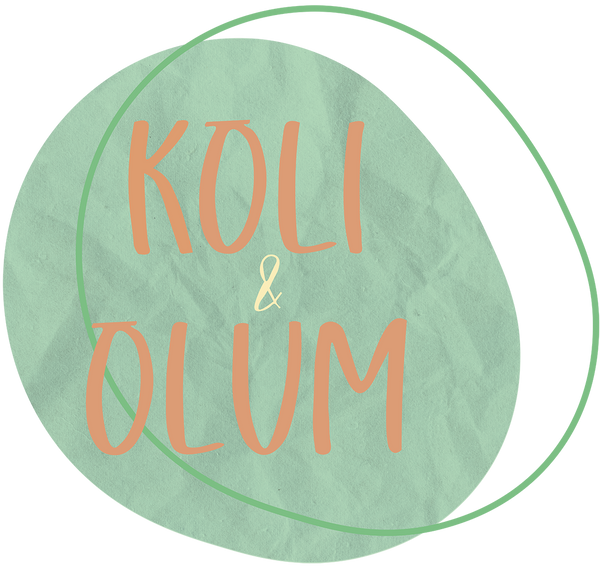Discover Ijaw

Ijaw , also known as Izon, is a Niger-Congo language of the Ijoid branch. It is spoken by roughly 10 million people primarily in Nigeria.
Main Communities
Southern Nigeria including Bayelsa, Rivers State, and Delta State
Tigrinya Names and Their Meanings:
- Diseye - Desired
- Timipre - You can Stay
- Ebiere: Beautiful
- Nengimote: Above all
- Tamarapreye: God’s gift
Popular Dish
Kekefiyai - is a pottage made with unripe plantains, fish, other seafood or game meat (bushmeat) and palm oil. It is a good source of carbohydrates, fiber, protein, healthy fats, and essential vitamins and minerals. This means that Kekefiyai supports heart health, brain function, and provides antioxidants that reduce inflammation in the body.
Culture and Traditions
Egbesu is the deity of justice of the Ijaw people. It is associated with protecting them in their quest for fair and equal treatment from neighboring tribes. Egbesu was central in the Ijaws resisting colonialism and oppression among the Ijaw people. Today, it stand as a symbol of their resilience and unity in the face of adversity.
Iria Festival is a series of traditional ceremonies that young girls must go through in order to mature into women. When a girl is old enough for marriage, she is decorated with special makeup and presented to the community. As part of the Iria ceremony, these girls also enter a fattening house where they are fed with nutritious dishes and also learn how to manage a home.
Notable figures:
Goodluck Ebele Jonathan (GEJ) - Politician. He was president of Nigeria from 2010 - 2014. During GEJ’ term, he rebased the GDP, which grew Nigeria’s economy to the largest in Africa. He was named chairperson of the International Summit Council for Peace in 2019 and was appointed as special envoy of the Economic Community of West African States (ECOWAS) in 2020.
Timaya - musician. He is a singer and songwriter known for his blend of reggae, dancehall, and Afrobeat music. He released his debut single "Dem Mama" in 2005 which rose to the top of the Nigerian music charts. Timaya's has won multiple awards since then. His music often reflects his Ijaw heritage and has garnered him international acclaim.
Samuel Dedetoku (Sam Dede) - Actor. He got his big break in Nollywood for his role in the 1995 film Ijele. Since then, Dede has won multiple awards including the 2005 Africa Movie Academy Award for Best Actor in a Supporting Role and the 2014 SVAFF Special Recognition Award for his lifetime achievement and contributions to Nigerian cinema. He has also serves as as the Director-General of the Rivers State Tourism Development Agency and as a lecturer in the University of Port Harcourt. One of his students was Yul Edochie who went on to become a major Nollywood actor.
